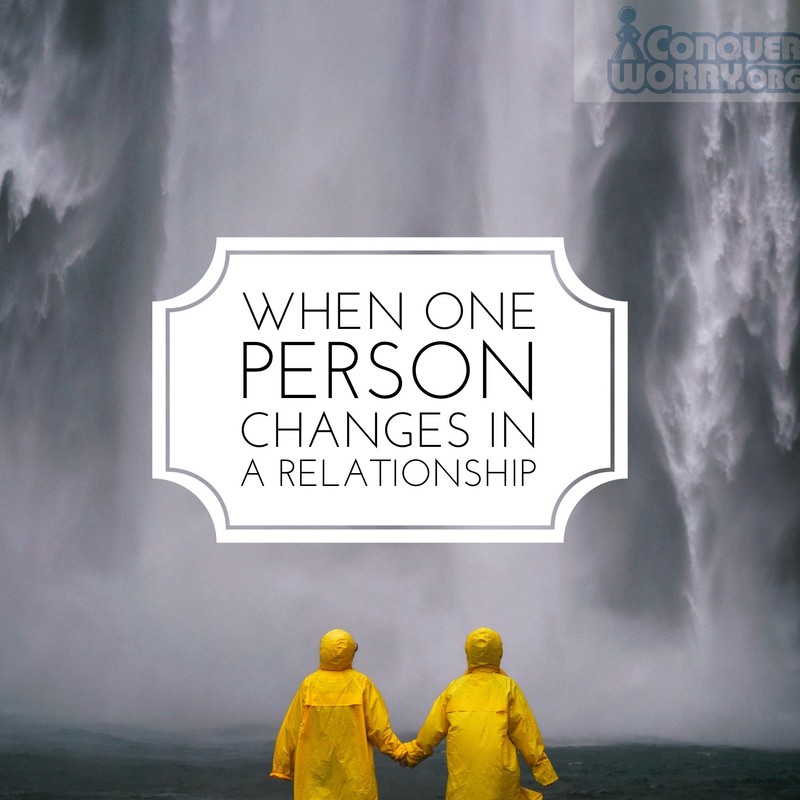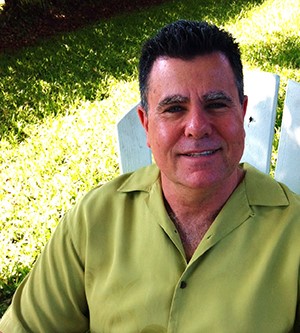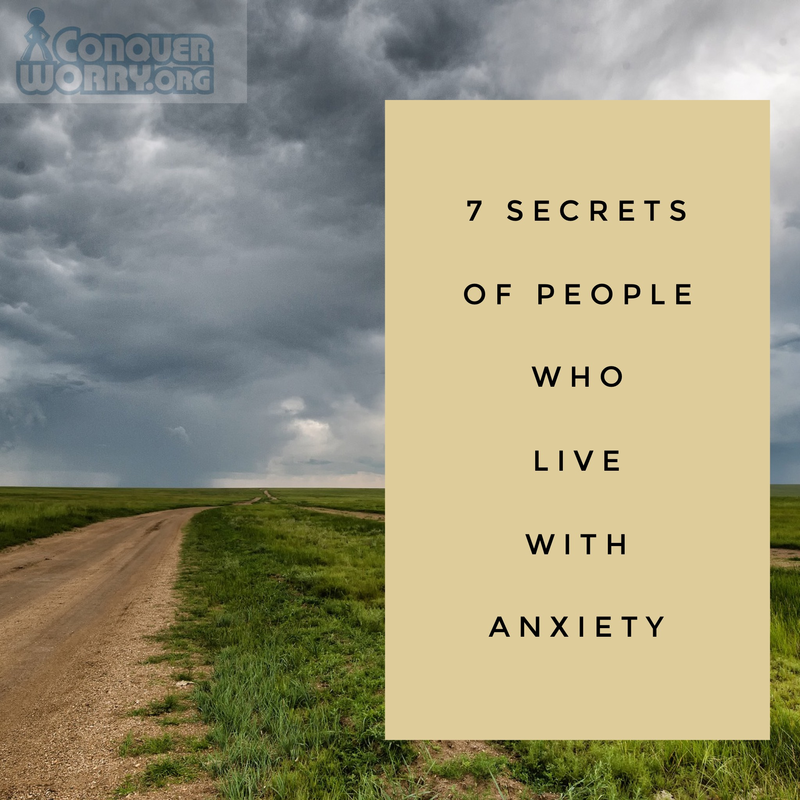|
Article by Irving Schattner Post design and edit by Christy Zigweid Photo by Pexels via Pixabay made using @WordSwagApp When a person in a relationship recovers from addictions (alcohol or drugs, food, gambling, shopping), anxiety and/or depression, it could be said that the person is following a new path. This path may feel scary at times, but when such a person has committed to the change process, their partner or significant other may not fully be aware of how their loved one has changed and how it may impact their relationship. In some instances, one's partner or significant other may welcome these changes as a healthy outcome of couples therapy. They may feel liberated from their partner’s constant need for support, validation and neediness, and can now focus on establishing a more balanced, healthy, and mutually beneficial relationship. In other instances, one’s partner or significant other may find himself or herself resentful and pushing back against the tide of what they see as a person they no longer know or understand. This occurs most particularly when their role as protector, defender, or enabler becomes undermined by this change in their partner. As one partner changes through the therapeutic process, the balance of power can shift one of two ways: Equality, equilibrium, mutual recognition, understanding, and respect come to define this modified relationship. And one partner accommodates to this new arrangement while the other partner finds it difficult or is unwilling to make a change that recognizes the needs of the other. Maintaining a Healthy RelationshipGenerally speaking, it is healthy and necessary for people to adapt to changing circumstances and life events. So, too, it is expected that relationships will change over time. But sometimes partner’s needs change and are not complimentary. Partners may find themselves on different paths or life journeys. So, what can you do when you find that your needs, wants, desires, dreams, or life direction have changed from that of your partner’s? The first thing you might want to consider is acknowledging these changes. Failure to be open and honest with your partner may only lead to a breakdown of the relationship. Perhaps you truly want out of the relationship and are fearful of confronting this fact. If this is the case, your complacency and lack of openness will passively move you towards what you truly want – dissolution of your relationship. On the other hand, if you want your partner to share the new you and your new journey, it is paramount that you share your thoughts and feelings with your partner. To do otherwise, is sabotage of your relationship. It is natural to want to grow and change, and if you want your relationship to survive, even thrive, it is mandatory that you engage your partner in healthy dialogue that lets them know what’s going on inside of you, the personal changes you are making, and how that may impact or shift the dynamics or nature of your relationship. In turn, you should allow your spouse the space, time, and freedom to fully express their thoughts, feelings and needs relevant to the changes taking place. It is worth noting that just because you may not be one-hundred-percent on the same page, does not mean your relationship is doomed. If you feel like you are at an impasse, or simply don’t know where to begin this process of reconciliation, couples therapy can be of great help in defining your respective wants, needs and desires, and examining whether they can be accommodated in your relationship or if it’s time to move on. About the Author - Irving Schattner, LCSWAbout the Author - Irving Schattner, LCSWAbout the Author - Irving Schattner, LCSW
44 Comments
Guest post by Marcus Clarke Edit and post design by Christy Zigweid Photo by Kanenori via Pixabay made using @WordSwagApp We’ve all had moments of worry or anxiety where our hearts palpitate, we feel sick to our stomachs and either obsess or can’t concentrate on the problem at hand. For most of us, those physiological and emotional symptoms resolve with the problem and we continue on with our lives. People who live every day with chronic anxiety or conditions like generalized anxiety disorder, deal with physiological and emotional symptoms nearly every moment of every day. People with anxiety are clever about masking their symptoms. However, if you could ask them to be honest, you might well hear them whisper one of the following seven secrets of people who live with anxiety. Telling me “not to worry” doesn’t help…really, it doesn’tIt’s nice to be able to offer a friend in need a supportive platitude to help them through a tough time. “It’ll be all right.” “Don’t worry about it.” While you may mean well, these words are nothing but hollow and empty to an someone with anxiety. If it were as simply as saying “don’t worry,” People with anxiety everywhere would be cured, which brings me to the second secret. I know I shouldn’t worry about some things…but I still doThe reason why your platitudes won’t work for someone with anxiety is because more often than not, they are self-aware enough to know that the issue they are currently worrying about is either something they can’t change, or not really worth worrying about. But knowing this doesn’t help them to stop worrying any more than your “don’t worry,” and a lot of the time, it’s not simply one issue they are worried about. I feel like an internet browser…with too many open tabsA person with anxiety can have a mind jam-packed with worries and anxieties. Some of these worries may have merit such as an overly stressful job or upcoming public speaking event. But a lot of these worries will be about mights; something that might happen, a conflict that might occur. These catastrophizing thoughts (irrationally imagining the very worst that might happen), revolves around the person having a back-up plan to prepare for the worst. Because at the end of the day, the worst is not an option to them. Failure is more than just a fear to me…it’s a death sentenceWhile most of us dislike failing, for someone with anxiety, the idea of failure is abhorrent. A particular type of anxiety, atychipobia, addresses “fear of failure,” and describes how the person will go to extreme lengths to avoid being in a situation where he might fail. These lengths can include perfectionism, procrastination, and avoidance. The lengths to which a person with anxiety may go to avoid failure can leave them incapacitated. My anxiety can cripple me…emotionally and physicallyWith a head full of “open browser windows" and a modus operandi shifting between procrastination and perfectionism, people with anxiety can quickly become burnt-out and physically broken. Anxiety-sufferers often feel a great deal of frustration and irritation and often these symptoms manifest outwardly. People with anxiety may also be plagued with tense and aching muscles, high blood pressure, headaches, and exhaustion. I don’t fall asleep…I get so exhausted I pass out at nightWe have already established that people with anxiety cannot simply stop worrying or shut off their anxieties; there is no better (or worse) place to dwell and magnify these worries than in bed before falling asleep. Many people with anxiety have extreme difficulty with falling asleep because their minds simply won’t stop playing over their worries. Inevitably, worry and anxiety about falling asleep rears and new worries start to consume them. This can lead to sleepless nights, exhaustion during the day, irritability and poor concentration, and potentially absenteeism. I tell people I’ve got a stomach flu…I’m really just having a bad anxiety day.With the stigma attached to mental health illnesses still widespread in society, a lot of people with anxiety feel the need to hide the real reason behind a sick day. It seems so much more socially acceptable to say, “I have gastro,” instead of “I couldn’t sleep all night because of my anxiety and now I feel terrible.” Lying about the real reason behind the sick day, and even the dreaded phone call to the boss, can leave the person even more anxious than before. So whilst we all have those things we worry about, or dwell on certain upcoming events, at the end of the day, for most people, when the stressor is resolved, so too is the anxiety. People with anxiety do not have this luxury. For them the anxiety goes on and on and inevitably leads them to have anxiety about having anxiety. About the AuthorMarcus Clarke has a degree in psychology, a masters degree in health psychology and has worked within the NHS as well as private organisations. Marcus started psysci a psychology and science blog in order to disseminate research into bitesize, meaningful and helpful resources that are interesting and insightful and often help people on the right track to improving their lives.
|
Build Your Action Based Stress Reduction System
Popular PodcastsOlympian Suzy Favor Hamilton - From Fame to Prostitution to Advocacy
Hall of Fame Basketball Star Chamique Holdsclaw on Mental Resilience Diana Nightingale on her husband Earl Nightingale's Principles for Mental Health Success JoAnn Buttaro on Date Rape & PTSD Survival Story: Its Never Too Late Gabe Howard on BiPolar Advocacy Phil Fulmer on Teen Suicide Prison, Bipolar and Mania with Andy Behrman Columbia Univeristy's Dr. Rynn on OCD Archives
March 2018
Categories
All
|







 RSS Feed
RSS Feed





